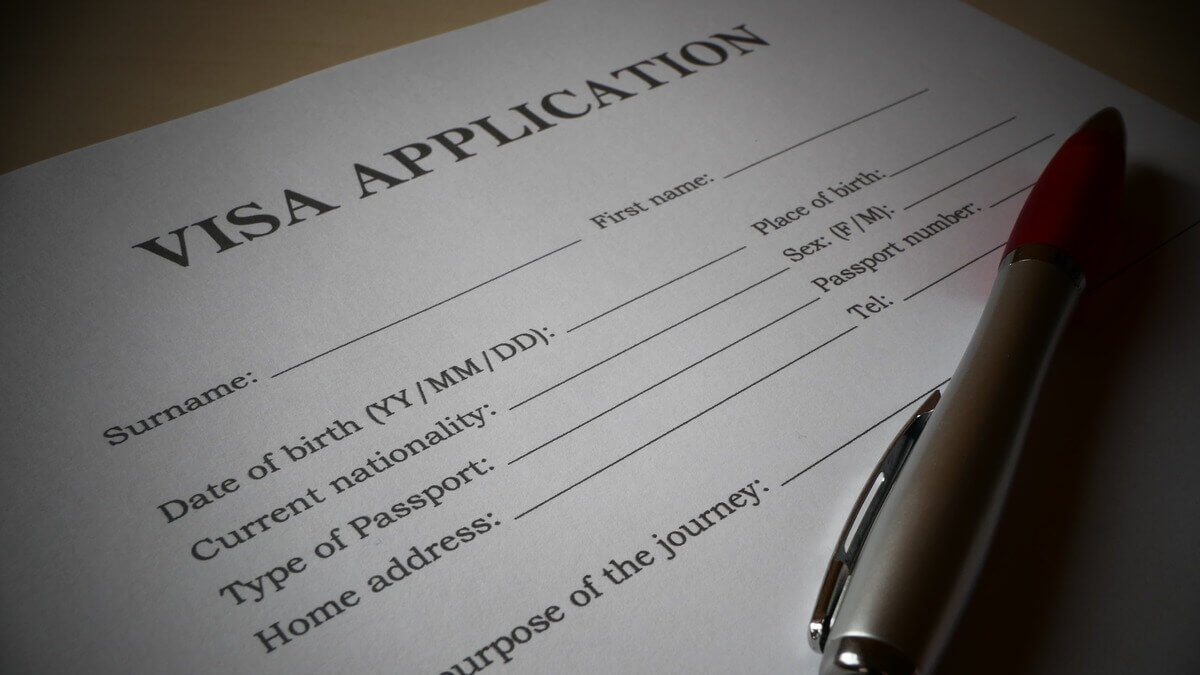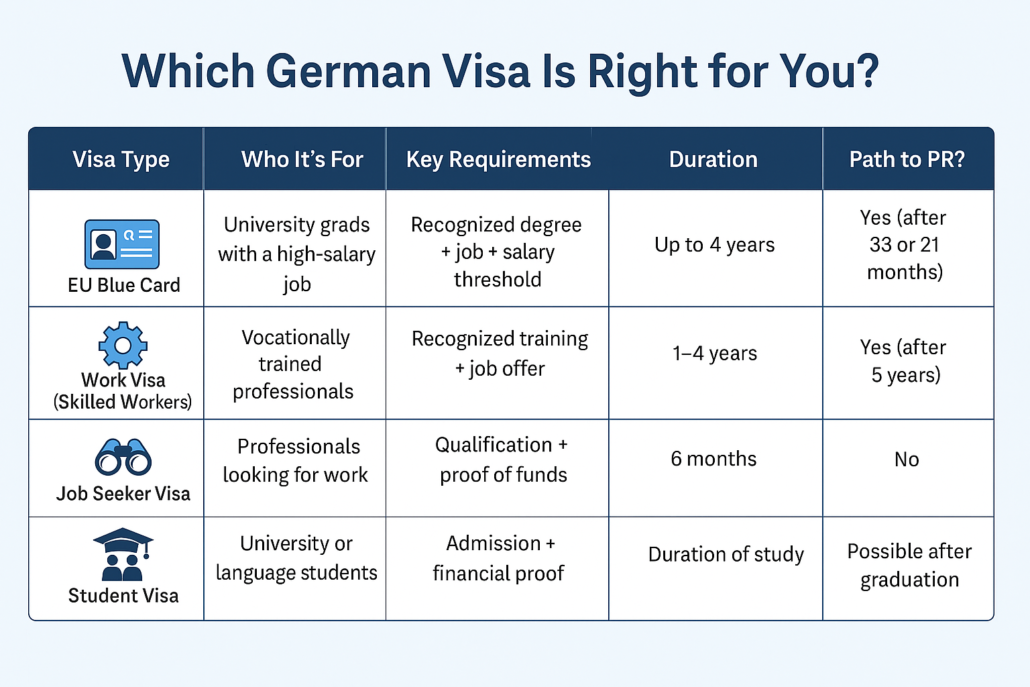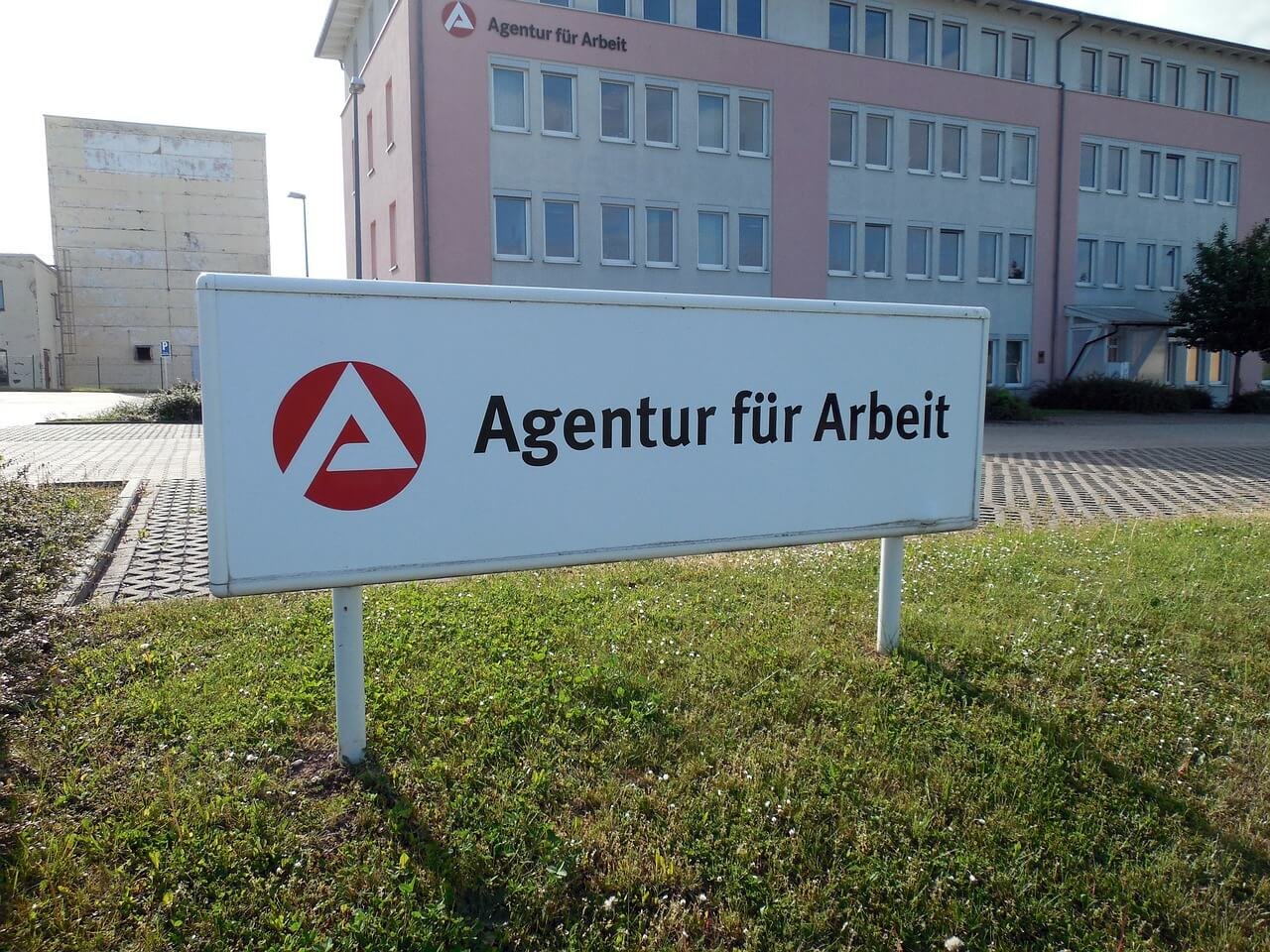
Moving to a new country is exciting—but also full of questions, especially when it comes to legal matters like visas, residence permits, and work rights. Germany has one of the most structured immigration systems in Europe, with clearly defined pathways for skilled workers, students, and family members. As an expat, understanding the basics of immigration law and the law on foreigners (Ausländerrecht) is essential to ensure a smooth transition into your new life. This guide will help you navigate the legal framework, highlight the most relevant visa types—including the EU Blue Card—and show you how Germany supports qualified professionals from abroad. Whether you’re just starting your journey or planning to settle long-term, here’s what you need to know.
🌍 Moving to Germany? Here’s What You Need to Know
Germany is one of the most attractive destinations in Europe for skilled workers, researchers, and international professionals. With a strong economy, a high quality of life, and a growing demand for qualified labor, the country offers many opportunities for expats. But before you can start working or living here, you need to understand immigration law in Germany.
This guide breaks down the law on foreigners—covering residence permits, work visas, the EU Blue Card, and recent immigration reforms. Whether you’re coming to Germany for a job, higher education, or family reunification, this overview will help you navigate the system with confidence.
📘 What Is Immigration Law in Germany?
Immigration law in Germany is governed by a complex but structured set of rules under the Residence Act (Aufenthaltsgesetz) and the Freedom of Movement Act for EU citizens. Together, these laws regulate who can enter, stay, and work in Germany.
🇩🇪 Two Legal Categories:
- EU/EEA/Swiss Citizens
- Enjoy freedom of movement and don’t need a visa or residence permit.
- Non-EU Citizens (Third-Country Nationals)
- Must apply for the appropriate visa and residence permit before entering or after arrival, depending on your nationality.
This guide focuses on non-EU nationals—foreigners who need to navigate Germany’s visa and permit system.

✈️ Entry Visa vs. Residence Permit: What’s the Difference?
If you’re coming from a non-EU country, your immigration journey often begins with an entry visa, followed by a residence permit once you’re in Germany.
🛂 Entry Visa (Visum)
- Issued by German embassies/consulates in your home country
- Typically valid for 90 days
- Allows initial entry for work, study, or family reunification
🪪 Residence Permit (Aufenthaltstitel)
- Issued by local immigration offices (Ausländerbehörde) in Germany
- Required for stays longer than 90 days
- Type depends on purpose: employment, study, research, etc.
📌 Tip: Citizens from countries like the USA, Canada, Japan, South Korea, and Australia can enter visa-free and apply for their residence permit in Germany directly.
💼 Working in Germany: Employment-Based Visas
If you plan to work in Germany, you need a residence permit that allows gainful employment. Germany offers several pathways under its immigration law depending on your qualifications, job offer, and salary level.
🔷 The EU Blue Card: Fast-Track for Skilled Workers
The EU Blue Card is one of the most popular options for highly qualified professionals from non-EU countries. It offers a streamlined process, easier family reunification, and a path to permanent residency.
✅ Requirements for the EU Blue Card:
- A recognized university degree (or comparable qualification)
- A job offer or contract in Germany
- A minimum annual gross salary (as of 2024):
- €45,300 (general threshold)
- €41,041.80 for shortage occupations (e.g., IT, engineers, doctors)
📦 Benefits:
- Quicker permanent residency (after 33 months, or 21 months with German language skills)
- Spouses can work without restrictions
- Easier mobility within the EU
📝 Apply either through the German embassy in your home country or directly at the Foreigners’ Office if you’re already in Germany.
👩💼 Other Work Visas for Foreign Professionals
If you don’t qualify for the Blue Card, don’t worry—immigration law offers additional residence permits for employment purposes.
🔨 1. Skilled Workers with Vocational Training
- Must have completed recognized vocational training
- Need a job offer related to qualification
- German language skills often required (B1 level)
👨💻 2. IT Specialists (Without Formal Degree)
- Allowed based on relevant work experience (3+ years)
- Job offer with minimum salary (approx. €40,770 in 2024)
- B1 German recommended, but not always mandatory
🛠️ 3. Job Seeker Visa
- Six-month residence permit to look for a job in Germany
- Must prove qualifications and financial self-sufficiency
🎓 Study and Training Visas
Germany is also a top destination for international students and trainees.
📚 Student Visa
- Valid for university or language preparation courses
- Requires university admission letter and proof of finances
- Can work up to 120 full days or 240 half days per year
🧑🏫 Visa for Vocational Training (Ausbildung)
- Available for dual training programs
- Requires a training contract and basic German (usually B1)
After graduation, you can stay 18 months to find a job related to your field.
❤️ Family Reunification & Spouse Visas
Under the law on foreigners, close family members can join you in Germany.
👨👩👧 Who Can Come?
- Spouses
- Minor children
- In some cases, parents of minors
🔍 Requirements:
- Proof of relationship
- Adequate housing and income in Germany
- Spouses of Blue Card holders do not need to speak German before arrival
Family members typically receive work authorization with their permits.
🛂 Permanent Residency (Niederlassungserlaubnis)
Germany offers a pathway to permanent residency after several years of legal stay.
For Blue Card Holders:
- After 33 months, or 21 months with B1 German
For Other Workers:
- After 60 months of work and contributions
- Requires German language skills (B1), no criminal record, and job security
Permanent residents can stay in Germany indefinitely and have near-equal rights to German citizens (excluding voting).
🆕 New Immigration Law Reforms (2023–2024)
Germany recently updated its immigration law to attract more skilled workers amid labor shortages.
📈 Key Changes:
- Lower salary thresholds for Blue Card holders
- Easier recognition of foreign degrees and vocational training
- Opportunity Card (Chancenkarte) for job seekers using a points-based system
- Simplified rules for IT professionals and apprentices
These reforms make it significantly easier for expats to live and work in Germany.
📄 Recognition of Qualifications
One key requirement for most permits is that your education or training is recognized in Germany.
✅ Tools & Resources:
- anabin.kmk.org: Check if your university is recognized
- Recognition in Germany: Official portal for validating qualifications
- IHK FOSA: Responsible for vocational training recognition
🔍 The Ausländerbehörde: Your Local Immigration Office
Every foreigner in Germany must register with the Ausländerbehörde (Foreigners’ Office), which handles residence permits, renewals, and changes in status.
📌 Appointments can take weeks—book early and bring:
- Passport and biometric photos
- Proof of address registration (Anmeldung)
- Employment contract or university admission
- Proof of finances and health insurance
🛑 Avoiding Common Pitfalls
Here are common mistakes to avoid when dealing with immigration law in Germany:
- ❌ Entering without the correct visa for your purpose
- ❌ Failing to apply for a residence permit in time
- ❌ Letting your residence permit expire
- ❌ Not informing the authorities when changing jobs
📣 Always keep your documents updated, and consult a legal advisor or relocation service if you’re unsure.
🧠 Final Thoughts: Navigating Immigration Law as an Expat
Germany offers strong legal frameworks under its immigration law and law on foreigners to attract global talent, support families, and ensure legal certainty for expats.
Whether you’re applying for an EU Blue Card, a work visa, or a residence permit after graduation, understanding the system will save you time, stress, and paperwork.
Being informed means being empowered—so take the time to research, prepare your documents, and make use of legal resources to ease your transition to life in Germany.






